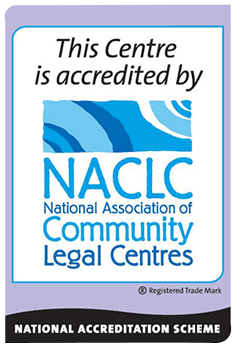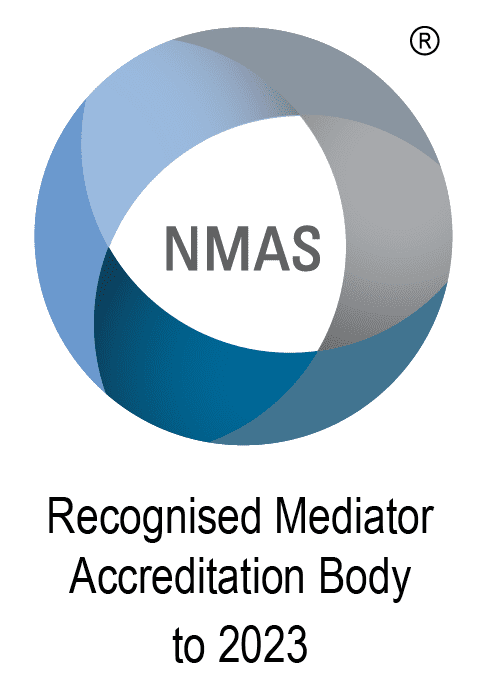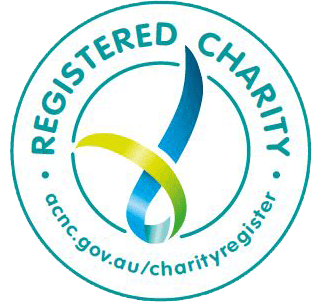When someone dies, one of the first things that you need to find out is whether they left a Will. If they left a Will, then the person they chose as their executor can make an application for probate to allow them to carry out the deceased’s final wishes. If the person died without leaving a Will, then an application for Letters of Administration is made. It’s a complicated process, and we strongly advise that you get advice from a Citizens Advice Bureau lawyer so that you know what needs to be done, and when.
Frequently Asked Questions
What is an application for Letters of Administration?
An application for Letters of Administration is an application made if a person has died without a Will.
Are Letters of Administration different from Letters of Administration with Will annexed?
Yes, they are different. Letters of Administration with Will annexed are only made if there is no executor to make an application, that is if there is a will but the will-maker didn’t appoint an executor or the only executor named in the Will is deceased, unable, or unwilling to act.
Who makes the application?
Someone entitled to benefit from the deceased person’s estate applies for Letters of Administration. This is usually the deceased’s spouse or child; or, if they didn’t have a spouse or child, their parents or siblings. If none of these people exist, another extended family member can apply. Who can make the application is determined by the Administration Act 1903 (WA). The person appointed is referred to as the administrator.
Where does the administrator make an application for a grant of Letters of Administration?
Apply to the Probate Office of the Supreme Court of Western Australia, located on the 11th Floor of 28 Barrack Street, Perth.
I live in a remote area of WA. How do I lodge a Letters of Administration application?
You can post your application to the Probate Office. We recommend that you send the documents by registered post.
Are there any circumstances when a grant of Letters of Administration isn't required?
You don’t have to make an application for Letters of Administration if the deceased:
- Only owned property or a piece of land as a joint tenant with another person;
- Only owned assets jointly with another person (for example, bank accounts or shares);
- Had very few personal possessions; or
- Had a vehicle as their only personal property – if this applies, contact the Department of Transport to find out if you can transfer the vehicle licence without applying for Letters of Administration.
Note that if the fund in the bank account of the deceased is less than the prescribed amount it can be paid to the deceased person’s spouse or next of kin – Section 139 of the Administration Act 1903 (WA). The prescribed amount varies from time to time.
There are some situations where a Letters of Administration application isn’t required even though the deceased has bank accounts, shares, or superannuation funds solely in their name. In these cases it’s advisable for you to get legal advice to find out if Letters of Administration are needed.
Do I need to apply for Letters of Administration if the deceased had assets in another State but none in Western Australia?
In this case you need to apply for a grant of Letters of Administration in the other State, not in WA. The deceased must have had at least one asset in WA for you to apply for a grant of Letters of Administration here. If the deceased had assets in WA as well as in another Australian State, you can make the application in WA and include the assets located in the other State in that application. You may need to reseal the Western Australian probate in other states where assets are located.
What are the main documents I require to apply for a grant of Letters of Administration?
You need a Motion, an affidavit, and a statement of assets and liabilities. You sometimes may require consents and sureties.
What are letters of consent?
Sometimes there is more than one person who is entitled to apply for Letters of Administration or Letters of Administration with Will annexed. In this case, all of those people who are entitled to make the application, but aren’t applying, must each provide letters of consent.
What are sureties or guarantees or a Section 17A Deed?
If there is a beneficiary who is a minor (under 18), then the applicant must get two people to guarantee that they (the sureties or guarantors) will make good any financial loss that minor beneficiary might suffer from the applicant’s actions. This is to make sure the minor beneficiary’s interest is protected.
A Section 17A Deed is a deed that the prospective administrator and the Public Trustee sign whereby the Public Trustee will manage the entitlement of the minor beneficiary until the beneficiary turns 18. People who do not have anyone to act as sureties will usually sign the Deed with the Public Trustee who charges for managing the interest of the minor beneficiary.
What documents do I have to file with my application for Letters of Administration?
The documents to file with your Letters of Administration application are:
- A motion for Letters of Administration;
- An affidavit (a written and sworn statement that can be used as evidence in court) from you, the applicant, with a statement of the deceased’s assets and liabilities (what they owned and owed on the day they died).
In addition, you may also need:
- Letters of consent (if any) from all other people entitled to benefit from the estate who aren’t applying;
- Any sureties, guarantees, or Section 17A Deeds (if required);
- The deceased’s death certificate – the original and a copy; and
- The filing fee.
What documents do I have to file with my application for Letters of Administration with Will annexed?
The documents to file with your Letters of Administration with Will annexed application are:
- A motion for Letters of Administration with Will annexed;
- An affidavit from you, the applicant, with a statement of the deceased’s assets and liabilities;
- Letters of consent (if any) from all other people entitled to benefit from the estate who aren’t applying;
- Any sureties, guarantees, or Section 17A Deeds (if required);
- The original marked Will;
- An Affidavit of Due Execution from a witness (if required);
- The deceased’s death certificate – the original and a copy; and
- The filing fee.
What is "marking" a Will?
You and your witness (typically a JP or who witnessed your affidavit) have to sign the original will, referred to as “marking” the Will. Your signatures shouldn’t obscure the Will’s content – it’s advisable you sign on the cover or back of the Will.
Next Steps
It’s a good idea to make an appointment to get legal advice at our Perth CBD office or at selected Citizens Advice Bureau branches to make an application for Letters of Administration.
You can read more about Letters of Administration, Letters of Administration with Will Annexed and Probate on the Supreme Court of WA website.



